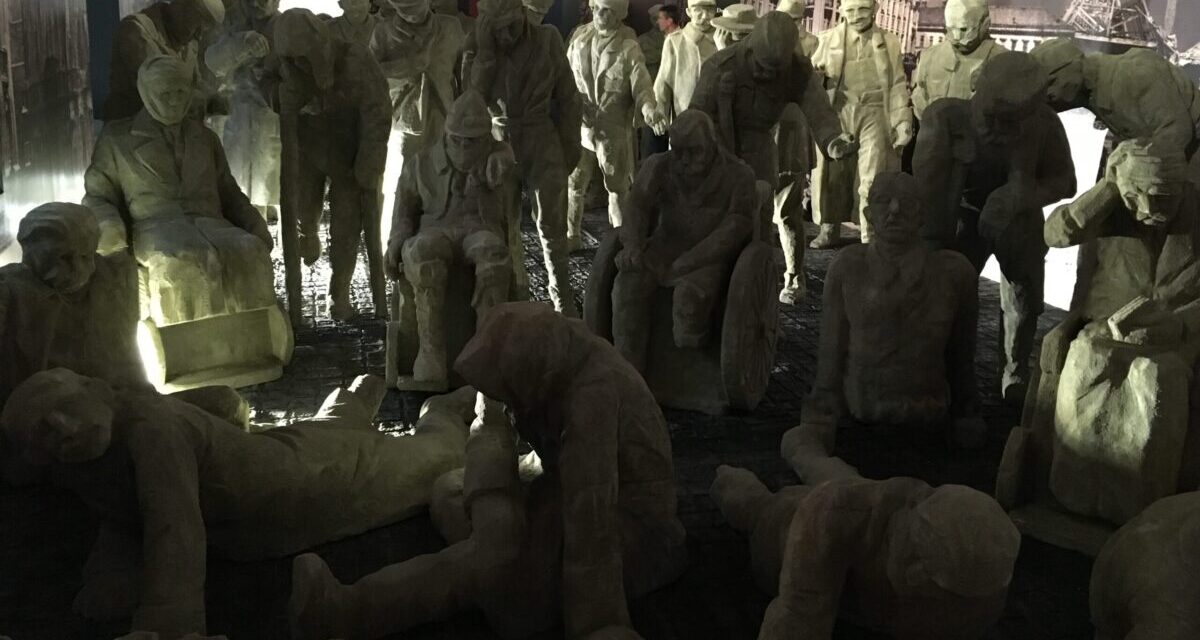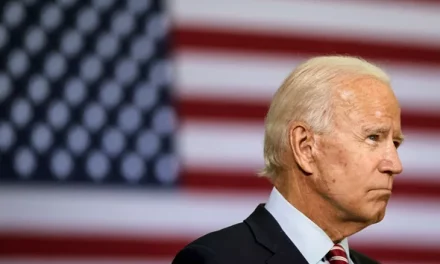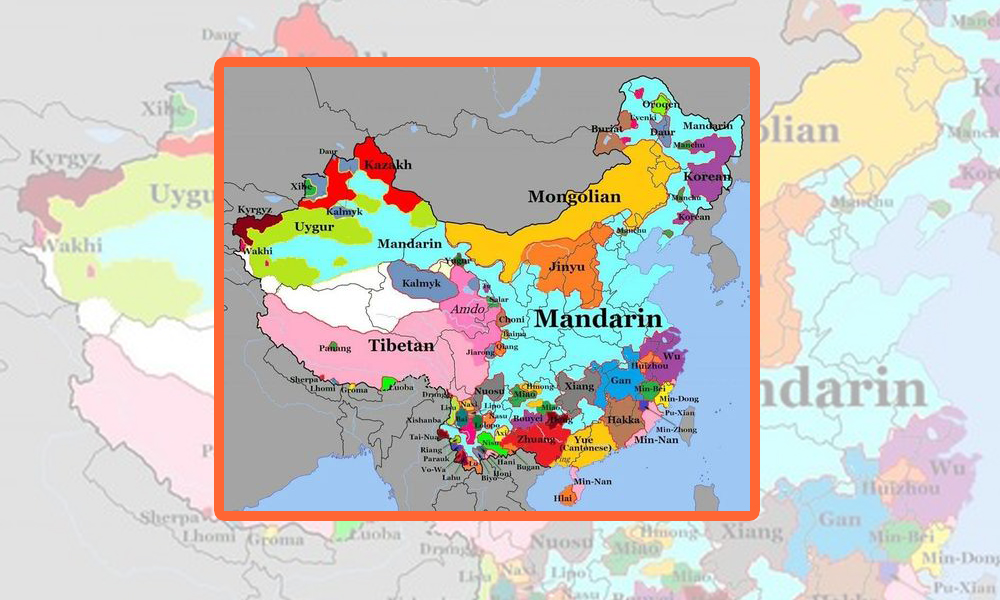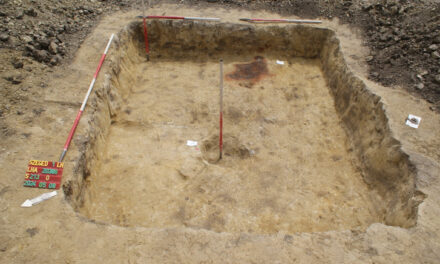The First World War broke out 110 years ago.
One hundred and ten years ago, on July 28, 1914, exactly one month after the assassination of the heir to the throne Ferenc Ferdinand and his wife in Sarajevo, the Austro-Hungarian Monarchy declared war on Serbia, thus breaking out the First World War, which lasted for four years and redrew the map of Europe.
The European powers had been preparing for the great test of strength for decades, the assassination in Sarajevo was only a casus belli, i.e. a pretext for breaking out the war. The reasons were elsewhere and deeply rooted: imperialist power rivalry, nationalism, and conflicts arising from the independence attempts of the peoples united under the Habsburg crown made the clash inevitable.
On the day after the Austrian declaration of war, Russia, allied with Serbia, ordered mobilization, two days after that, II. The German Emperor William approved the text of the ultimatum addressed to Russia and France, and the German newspapers published the "general state of war" in special issues.
The participants in the Great War - the Axis Powers, the German Empire and the Austro-Hungarian Monarchy, as well as the Entente opposing them, Great Britain, France and Russia - were convinced that they could defeat their opponents with a quick offensive and end the war within half a year. military movements.
It didn't happen like that, the war soon expanded into a worldwide, four-year bloody struggle. II. In the well-known saying of Vilmos: "By the time the leaves fall, our soldiers will return home!" , by 1915 no one could believe it.
Shortly after the outbreak of the war, the British attacked the German colonies, and the war spread throughout the world. The Ottoman Empire entered the war on the side of the central powers, Italy on the side of the Entente in 1915, and Russia in 1917 after the revolutions. A standing war developed on the Western Front, the attacks of the two sides broke through the system of barbed wire and trenches, and millions of soldiers lost their lives in the "meat grinder". Enraged by the unrestricted German submarine warfare, the United States intervened on the side of the Entente in 1917, and thus the war ended. Thanks to the two million American soldiers transported to Europe and the huge amount of munitions, the Entente was able to stop the last major German attack in the spring of 1918, and then went into a counterattack and gained a decisive advantage.
The central powers were forced to sign an armistice in the fall of 1918. On the part of the disintegrating Monarchy, the Austrians and Hungarians did this separately on November 3, the Germans signed the armistice agreement on November 11, 1918 in the forest of Compiegne, in a railway carriage pushed aside.
The sad balance of the war: about ten million people fell on the fronts, the same number died of epidemics, mainly due to the Spanish flu of 1918-19 and as a result of starvation.
In the First World War, new weapons and combat tools were deployed: such as the tank and chemical weapons, previously created weapons such as mortars, machine guns, hand grenades, flamethrowers were used en masse, and a large number of warplanes and submarines were deployed.
Four empires collapsed in the war:
the German, the Austro-Hungarian, the Russian and the Ottoman, on the ruins of which nine "new" states were created, together with Finland, the Baltic states, Poland, Austria, Hungary, Czechoslovakia and the later Yugoslavia. The biggest loser of the peace that followed the war was Hungary, which lost two-thirds of its territory and population, and millions of Hungarians became minorities.
Great Britain, France and Italy ended the war as the victorious powers, and Japan also strengthened its position in East Asia. The winners in the peace treaties around Paris did not care about the proclaimed principles of Wilsonian justice and self-determination, the "peace" they dictated did not create a more just or safer world order, thus leading directly to the new world conflagration that broke out two decades later.
The First World War inspired many literary works and films that have now become classics.
MTI
Featured image: Várkert Bazart/A new world is born - First World War exhibition/Photo: Szilvia Polgári













